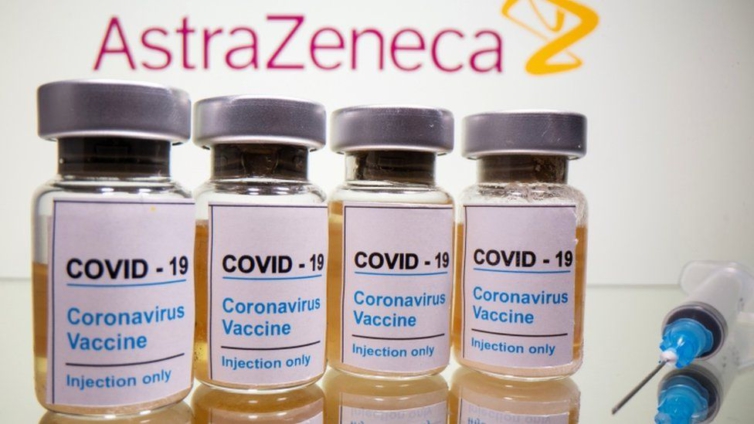The World Health Organisation (WHO) reports that the AstraZeneca vaccines are safe for human use despite claims of blood clots associated with the effects of the vaccines.
After several assessments by the Global Advisory Committee on Vaccine Safety, the WHO in a press statement is recommending the use of the vaccine following reports that the benefits of the AstraZeneca vaccine outweigh its risks.
“A few countries in Africa have halted or postponed their use of the AstraZeneca vaccine, following the suspension of the vaccine by some countries in Europe. This precautionary measure is based on reports of rare blood coagulation disorders in people who had received the vaccine. The suspension is regarding one specific batch of the AstraZeneca vaccine, which has not been distributed to Africa.
“WHO’s Global Advisory Committee on Vaccine Safety is carefully assessing the reports on the Oxford-AstraZeneca vaccine to gain a full understanding and will communicate its findings. Based on what is currently known, WHO considers that the benefits of the AstraZeneca vaccine outweigh its risks and recommends that vaccinations continue.”
According to the WHO, about 7 million Covid-19 doses of vaccines have been administered in Africa.
During a virtual press conference facilitated by APO Group on Thursday, the WHO Regional Director for Africa, Dr Matshidiso Moeti indicated that 38 African countries have received more than 25 million Covid-19 vaccines and 30 others have started vaccination campaigns.
Comparing countries in other regions that accessed vaccines much earlier, Dr Moeti stated the initial rollout phase in some African countries has reached a far higher number of people.
“Although Africa received vaccines late and in limited quantities, a lot of ground has been covered in a short space of time. This is due to the continent’s vast experience in mass vaccination campaigns and the determination of its leaders and people to effectively curb Covid-19,” she added.
Meanwhile, Ghana has administered more than 420, 000 doses and covered over 60 per cent of the targeted population in the first phase in the Greater Accra region – the hardest hit by the pandemic just two weeks after procuring the AstraZeneca vaccines through the COVAX programme, WHO reports.
Also, in Morocco, more than 5.6 million vaccinations have taken place in the past seven weeks, while in Angola, vaccines have reached over 49 000 people, including more than 28 000 health workers in the past week.
Not withstanding these achievements, Dr Moeti revealed that there is an urgent need for more doses as Ghana, Rwanda and other countries are on the brink of running dry.
“Countries are clocking an impressive vaccination pace, but we must ensure this speed doesn’t slow down to a crawl. Additional supplies are urgently required to narrow the gap between the vaccinated and the unvaccinated,” she stated.
Latest Stories
-
WAFU B U-17 Girls’ Cup: Black Maidens beat Nigeria on penalties to win inaugral tournament
44 minutes -
Real Madrid beat Sevilla to keep pressure on leaders Atletico
2 hours -
Liverpool put six past Spurs to go four points clear
2 hours -
Manchester United lose 3-0 at home to Bournemouth yet again
2 hours -
CHAN 2024Q: ‘It’s still an open game’ – Didi on Ghana’s draw with Nigeria
2 hours -
CHAN 2024Q: Ghana’s Black Galaxies held by Nigeria in first-leg tie
3 hours -
Dr Nduom hopeful defunct GN bank will be restored under Mahama administration
4 hours -
Bridget Bonnie celebrates NDC Victory, champions hope for women and youth
4 hours -
Shamima Muslim urges youth to lead Ghana’s renewal at 18Plus4NDC anniversary
5 hours -
Akufo-Addo condemns post-election violence, blames NDC
5 hours -
DAMC, Free Food Company, to distribute 10,000 packs of food to street kids
6 hours -
Kwame Boafo Akuffo: Court ruling on re-collation flawed
6 hours -
Samuel Yaw Adusei: The strategist behind NDC’s electoral security in Ashanti region
6 hours -
I’m confident posterity will judge my performance well – Akufo-Addo
7 hours -
Syria’s minorities seek security as country charts new future
7 hours

